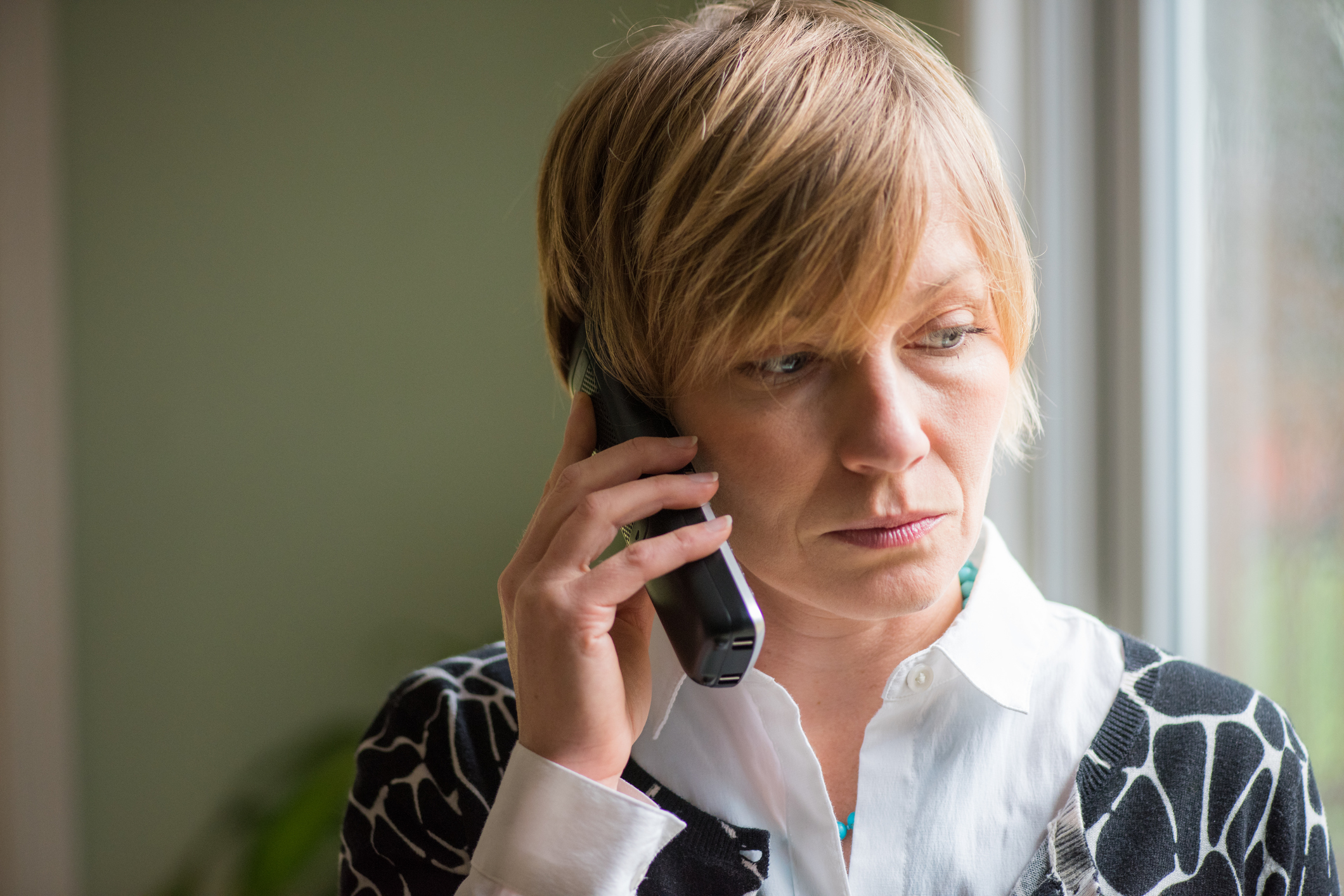Lymph node biopsy
A small operation to see if cancer cells are present in your lymph nodes.
What is a lymph node biopsy?
This is a small operation which involves taking small samples of tissue/cells from your lymph nodes. Your samples are then sent to a laboratory where they are examined to see if they contain cancer cells.
Before the biopsy
Before the biopsy is carried out, you will be fully informed about the procedure from the medical team and you will have to give your consent.
Make sure to ask the medical team any questions you might have, especially if you are unsure of something.
You may have to fast before your biopsy. You may also need to stop taking certain medications, such as blood thinners. Your medical team will advise you about this.
What are the different types of lymph node biopsy?
You may have a needle biopsy or an open biopsy:
Needle biopsy
The doctor should clean the area first. You will have a local anaesthetic to numb the area. You may feel a little uncomfortable, but it should not be painful. Let the doctor know if it is painful as you may need more anaesthetic.
Once the area is numb, a fine needle is put into your lymph node to take a sample of cells. Once the doctor has taken the sample, they will remove the needle.
Gentle pressure will be applied to help reduce bleeding/bruising. A small dressing will be applied.
A needle biopsy only takes 10-15 minutes and you can normally go home afterwards.
Open biopsy
This is a small operation where some or all of a lymph node is removed through a small cut in your skin. You will usually have an injection of local anaesthetic to numb the area. In some cases, you may have a general anaesthetic so that you are asleep during the biopsy. It depends where the lymph node is. For example, if it's closer to the skin, it’s usually easier to remove.
You will be given a hospital gown to put on before the procedure. If you are having a general anaesthetic, the medical team will need to insert an IV cannula into your arm, so that they can give you medication intravenously (through your veins).
If you are having local anaesthetic, this will be given by injection into the skin around the biopsy area. Once the anaesthetic is working, you should not feel pain, but it may be uncomfortable. Let the doctor know if it is painful as you may need more anaesthetic. The doctor will either remove part or all of the lymph node. The doctor will close the incision with stitches and apply a dressing to keep the area clean.
The doctor will send the sample they took to the laboratory to be tested.
You will have stitches to close the cut and a dressing to keep the area clean. The area might be tender and sore for a few days afterwards. Ask your hospital team about which painkillers you should take if you have any pain. If the pain gets worse, tell the hospital.
After the test
Usually you can go home soon after the biopsy. If you have a general anaesthetic, you will stay in hospital until you have fully recovered – usually a few hours.
Make sure you arrange for someone to take you home as you’re not allowed to drive for 24 hours after a general anaesthetic.
The biopsy site may be sore for a few days. You should contact your medical team or GP:
- If you continue to have pain after a few days
- The pain becomes worse
- If you notice any signs of infection, such as redness, the skin around the wound feeling hot or discharge from the wound
If your doctor did not use dissolvable stiches, these will need to be removed a week or so after the biopsy. Your hospital team will let you know who will be removing the stitches.
Are there any risks/side effects?
The biopsy area might be a bit sore for a few days. Ask your medical team about which painkillers you should take if you have any pain.
Tell the doctor if the pain continues or gets worse, or if you have signs of infection, such as a high temperature, chills, or redness/swelling/discharge around your wound.
You might see a small amount of blood on the dressing - this is normal. However, if you notice a lot of blood, tell your medical team immediately.
It is important to note that you may not experience all or any of the above side-effects. If you have any concerns after the procedure, do not be afraid to contact your medical team for further support and advice.
Ask the medical team for the name and phone number of who you should contact if you have any concerns.
Getting results
The time it takes for your results to come back can vary. It depends on what tests were ordered and whether your sample needs to be sent to a laboratory in a different hospital from where you had your biopsy. Your medical team may also want to discuss your results at a MDT (multidisciplinary team) meeting.
The results usually take a week or so to come back. In many cases, but not all, results are given in person. Sometimes, they are also given via phone call or letter/email.
Before getting your results, you can ask your medical team:
- How long before I can expect to get my results?
- Who will give me my results? For example, will it be a doctor in the hospital or my GP?
- How will my results be given? For example, face to face, over the phone, in a letter?
Related links



Talk to a Cancer Nurse

Support Line
Our Daffodil Centres

